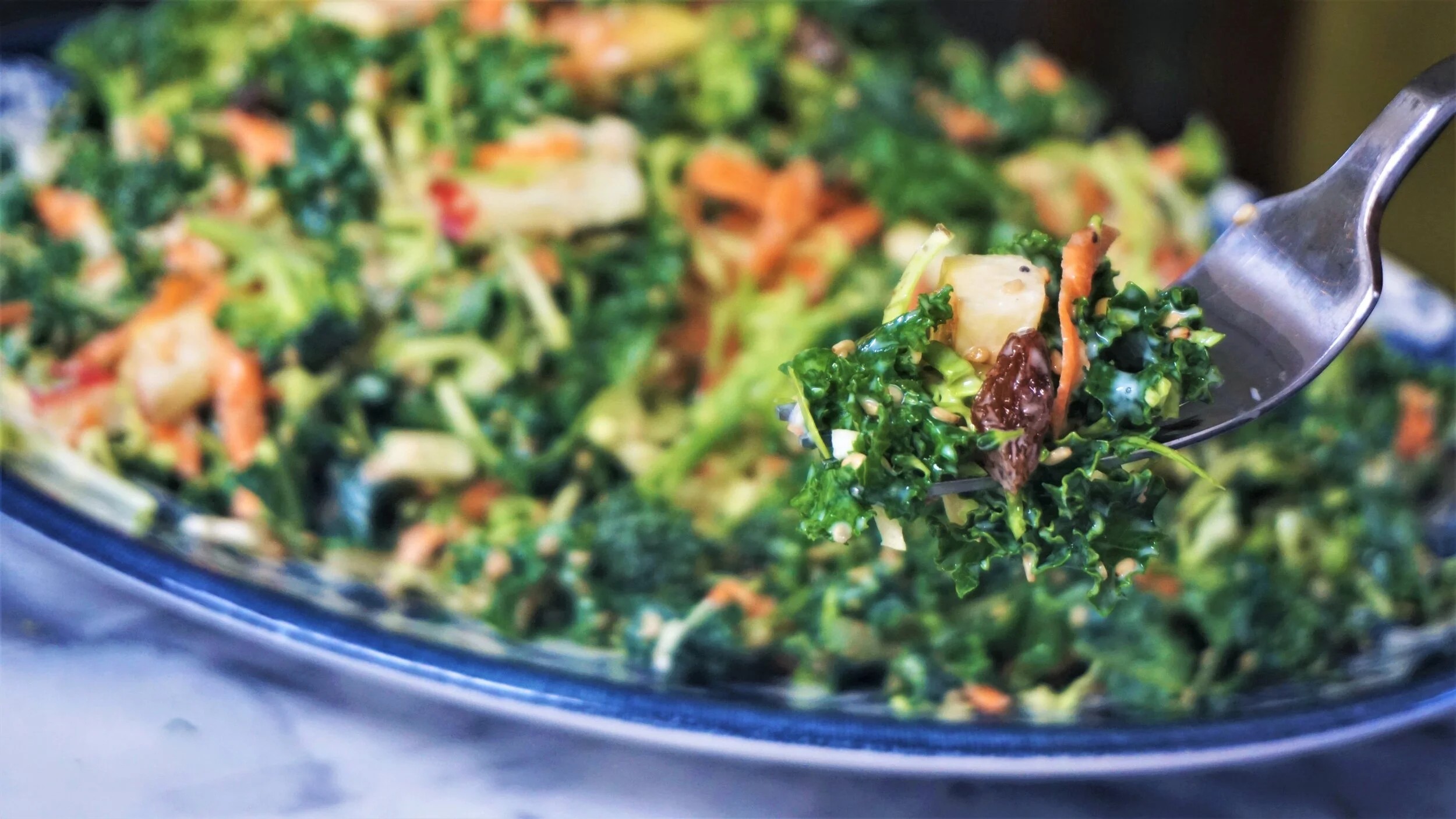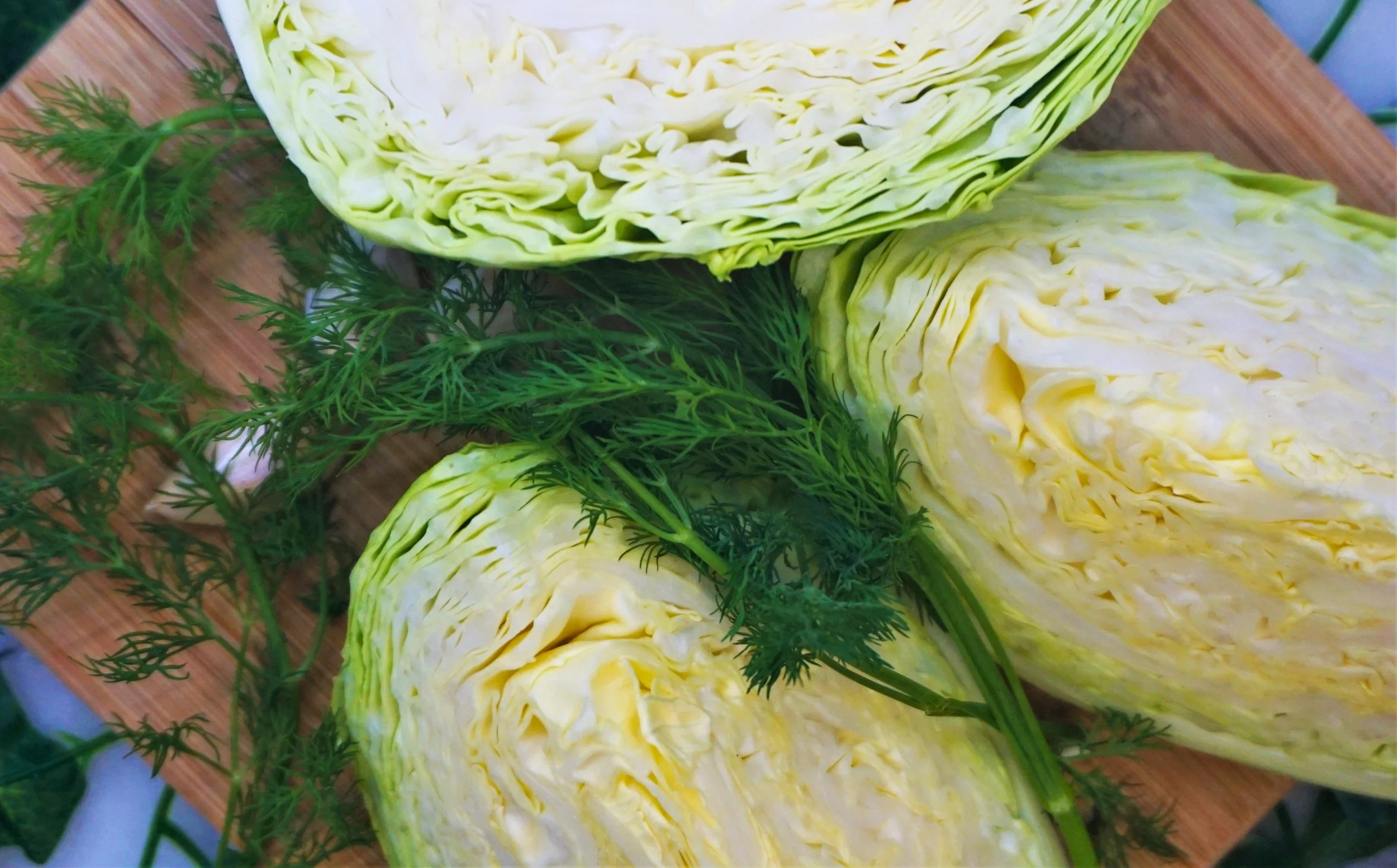Enter: The Gut

Your gut is home to a massive colony of bacteria, both good and bad, and a healthy person’s gut will be in a state of balance between these bacteria. The so called “bad” bacteria are strictly limited and controlled by the “good” bacteria, and in a healthy gut are necessary to carry out numerous bodily functions. These good and bad bacteria work together in a perfect balance to assist in digesting food, processing toxins, building immunity, keeping inflammation down, maintaining energy levels and keeping your weight in check (among other things). When the “good” bacteria are weakened, the opportunistic “bad” bacteria get out of control, and problems, sometimes life-threatening, arise.
In our modern world the majority of people in western cultures (and increasing numbers in other cultures as well) are suffering from what is called Gut Dysbiosis, to varying degrees. Gut Dysbiosis is described by a gut containing more bad bacteria than good, and in severe cases, some containing no good bacteria at all. When you are experiencing this phenomenon, you may only notice one symptom whereas someone else may be experiencing 10 different symptoms simultaneously. All bodies are different and therefore will react uniquely, however there are many commonalities.
Symptoms include but are not limited to the following: lethargy, bloating, gassiness, belching, nausea, heart burn, constipation, diarrhea, IBS, achy muscles and joints, migraines, headaches, sensitivity to light and noise, excess fluid production (runny nose, phlegmy throat, excess saliva), rashes, eczema, acne, asthma, allergies, food sensitivities, depression, anxiety, mood swings, weight gain, difficulty losing weight, poor immunity (getting sick a lot), sleep abnormalities, poor memory, mental fog, difficulty focussing, intense cravings for certain foods, etc. Remember, you can have just one of these symptoms or all of them, our bodies are unique.
So how do these abnormal flora take over our precious digestive system? A number of factors are taken into consideration when determining what has brought on your unhappy gut, and what’s going to put you back on track. The way it gets off track can typically be sourced to key events in your life, including being fed certain types of foods (either through a dietary change or if you have been eating this way forever), repeated use of antibiotics, the environment you were born into, your mother’s gut health, the way you were born (vaginally or C-section), whether you were breast-fed or formula-fed, other medications you have been taking (for short periods or long-term such as ibuprofen, acetaminophen, birth control pills, etc.), stress, your physical activity level, etc.
Like I mentioned previously, there are so many things in our modern world that make gut dysbiosis undoubtably easier to achieve than to avoid. Falling into sickness happens much faster and easier than the healing process, and therefore a person must be dedicated to their mental and physical health and possess the volition to take the necessary steps towards healing.
The core issue surrounding gut dysbiosis is an unhealthy gut ruled by abnormal microbes. Diets that are primarily reliant on processed foods can contribute to this. The vast majority of processed foods, which make up a large percentage of western diets, are loaded with added sugars, buckets of sodium, and additives that are okay in moderation, but when consumed more often can affect your gut health. Added sugars are a key issue. When ingested, they feed the bad bacteria, in-turn producing toxins that ultimately break through the blood-brain barrier and cause our digestive, immune, and nervous systems to become out of balance. I will reiterate that having these “bad” bacteria in controlled numbers are an important factor in a healthy population of gut flora, the toxic substances they produce are by-products of their metabolism, many of which play integral roles in the physiology of our body. It is when the good bacteria are weakened, the opportunists of the gut flourish, overwhelming your digestive system with an overflow of toxic substances, that you begin to suffer.
How these toxins break through the blood-brain barrier begins with overgrowth of “bad” bacteria. First it is important to note that your intestinal walls are only one cell thick. As the “good” bacteria are weakened, the opportunists flood the gut, covering the insides of your intestines. They get access to the gut wall and can physically push apart intestinal cells due to their shape and the direction of their growth. As the integrity of the gut is now severely compromised, many toxic substances and partially undigested food begin to leak into the blood stream, making their way to the brain. This is called “leaky gut” syndrome. When foreign substances are introduced into the blood stream, the body will attack it as an immune defense, and allergies and food intolerances begin to arise. But do not fret! Once the gut has healed itself through a proper diet, many food intolerances and even severe allergies can disappear, as will the mental and physical lethargy that accompanies a leaky gut.
I wrote this post to spread the word about gut health and just how vital it is to mental and physical well-being.
Image Sources (in order of appearance):
Heading Photo
Gut Graphic
Central Nervous System
Gut Dysbiosis Symptoms & Signs
Impacting Factors on the Gut Microbiome
Gut-Brain Axis
Leaky Gut Progression
Hippocrates











